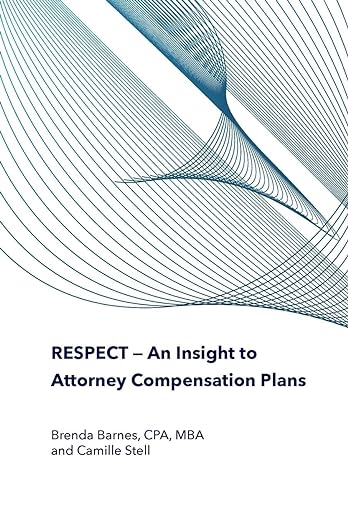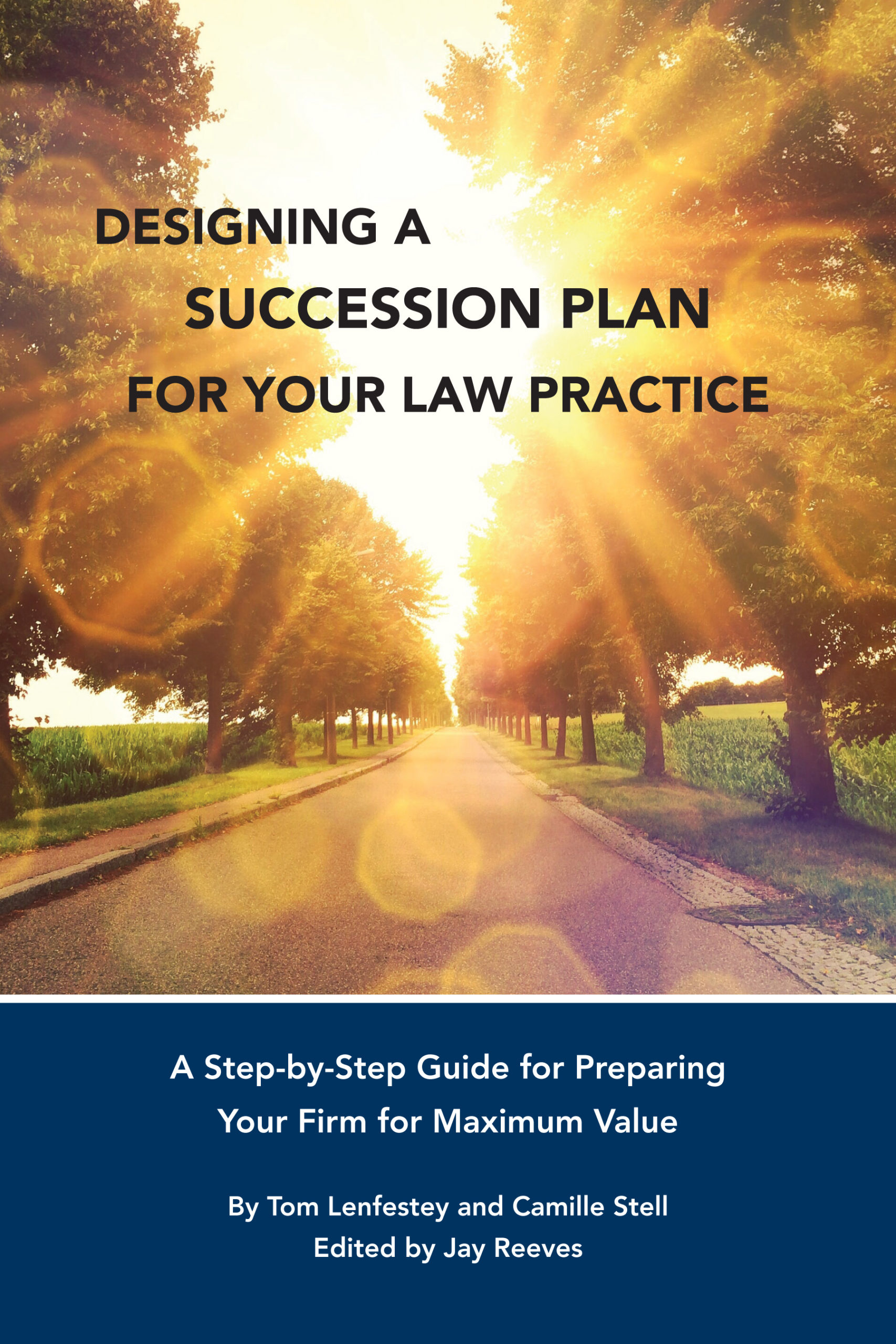
Uncharted territory. Unprecedented times. Navigating the coronavirus crisis. Many of you had hoped your career would wind down in the next few years easily and gradually, in a natural arc without much effort. We are in uncharted territory. But, much like a sabbatical, you can use this time to assess your situation and begin some serious planning for retirement.
Pandemic Status Check
Many of us are still working from home or working in nearly deserted office buildings. For many lawyers, it was easy to move the laptops and devices from the office to the home office. Others had a bit of work to do to make the home office less dining room and more conference room.
But for many traditional law offices, the pivot to remote work was not quick or easy. Their office systems are server-based. The technology is 10 years old, which is ancient in computer years. More than that, among law firm owners, there has never been a desire for remote work, or flexible hours, or working from home — and that is still the prevailing attitude.
Does this sound familiar? If you have little interest in pivoting to a more “modern” law practice, this may be the time to accelerate your succession and retirement plan.
Beginning Your Planning for Retirement Process
Here are steps you can to reassess a wind-down and begin to plan your future.
1. Get Your Financials in Order
Pull all your financial information together. Work with your CPA, tax advisor or financial planner to set a retirement budget and see whether you are able to fund your retirement at this time. If you want to consider selling your law practice, you are going to need five to 10 years of good financial data to value your practice. For most lawyers, this is not as simple as pulling one report. It is a project that may take at least several weeks or even a few months and requires planning for adherence to ethics rules. Start now.
2. Gather Your Client List
Can you rapidly pull a current client list, with case status and contact information for each client? This is a key component of disaster recovery, but also of preparing your office for wind-down or sale.
3. Gather Your Referral List
If you wind down your practice, you will need to contact your referral sources to let them know. If you plan to sell your practice, your referral sources are an important factor in the valuation process. Take the time now to create an updated contact list and note the contributions each referral source has had to your practice.
4. Build a Retirement Advisory Team
In her book “Retirement by Design,” Ida Abbott discusses the importance of creating an advisory team to assist in designing your retirement path. Here are some suggested team members:
- Your spouse, significant other, children, or others who will be most affected by your retirement.
- A close friend, therapist or spiritual advisor who can guide you through the anxiety of transition.
- A financial advisor who can assist in managing your finances and preparing your budget.
- A retirement coach to support and encourage you through the process.
- A business broker to help value your practice in case of sale.
- A succession expert to assist in the transition or sale of the practice.
- A health coach, personal trainer or physician to offer health management tips and advice.
- Friends or colleagues who have retired who can share their experiences with the process and serve as a mentor.
- An estate planning lawyer to assist in drafting legal documents including health care directives.
- An insurance agent to consider personal and business policies that can help fund retirement, protect partners in the event of disability, and long-term health care protection.
- Anyone else whose expertise, experience or advice would be especially helpful to you.
5. Create a Picture of Your Life After Law
It is important to imagine what life after law looks like. The Osher Lifelong Learning Institute in Asheville, North Carolina, offers these weekend programs for those considering planning for retirement:
- Paths to Creative Retirement is designed to identify your purpose and passion in retirement. This program is typically offered in April and August.
- Creative Retirement Exploration Weekend allows you to discover the challenges and opportunities of choosing where and how to relocate in retirement. The program is typically offered in June.
While there are many OLLI programs taught at universities across the country, this program is unique to Asheville and draws participants from across the country.
Application for You
We are in uncharted territory. You’ve probably never experienced a pandemic, nor have you planned for your own retirement. Both are scary. But with a plan, we can meet the challenge.
About The Author
Camille Stell

Camille Stell is the President of Lawyers Mutual Consulting & Services and the co-author of Designing A Succession Plan for Your Law Practice: A Step-by-Step Guide for Preparing and Packaging Your Firm for Maximum Value. Continue this conversation by contacting Camille at camille@lawyersmutualconsulting.com or 800.662.8843.



